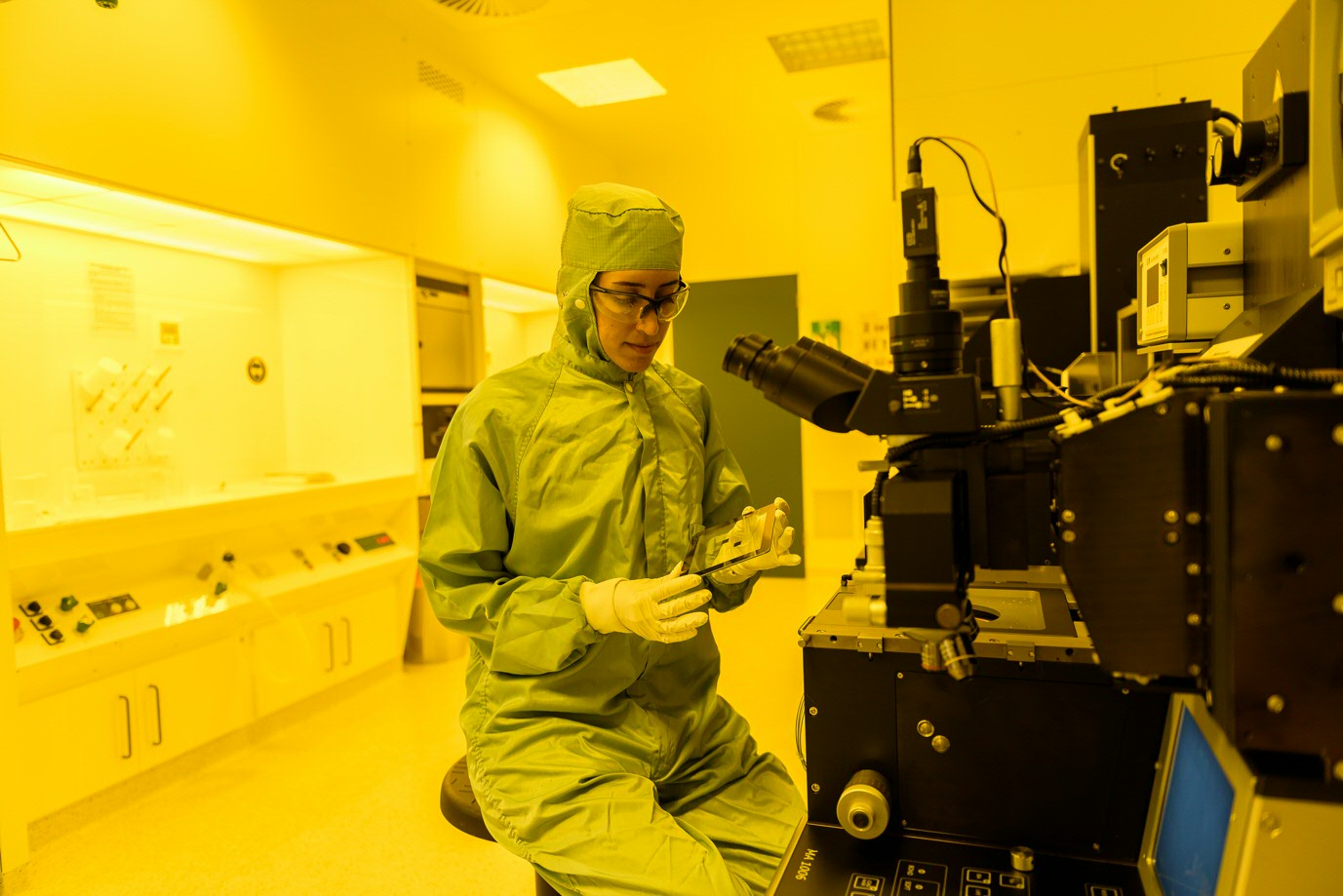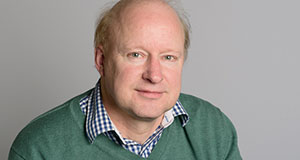NanoLabNL key partner in new initiative EuroNanoLab | Zernike Nanolab Groningen
In Europe, the academic strengths in nanofabrication are still too fragmented: there are at least seventy European university nanofabrication centers of large or medium size, which develop their know-how without any real coordination. Conscious of this dispersion, several European countries (Sweden, France, Norway and the Netherlands) have already created national networks of academic cleanrooms to foster collaboration at the national level. In the Netherlands, NanoLabNL is the national facility for nanotechnology research. On June 4th, 2018 The Netherlands, Spain, Portugal, Italy and the Czech Republic have created the EuroNanoLab consortium, which currently includes 26 academic clean rooms, representing a total value of 1.5 billion euros.

Dramatic changes
Micro and nanostructures have dramatically changed our environment - although we have not really become aware of that - and will change it further in the years to come. Who remembers the first hard disks of a few megabytes that used to cost a fortune? Today, a hard drive of a few terabytes with a million times higher capacity, able to store a huge library or tens of thousands of hours of music, costs only a hundred euros while being hundreds of times faster. Similarly, any person has in his smartphone a computing capacity larger than the capacity of the national supercomputers that were used only thirty years ago. In the Zernike Nanolab Groningen Spinoza Laureate Bart van Wees and his team have recently managed to alter the flow of spin waves through a magnet , using only an electrical current. This is a huge step towards the spin transistor that is needed to construct spintronic devices. These promise to be much more energy efficient than conventional electronics.
Whether in the field of science, artificial intelligence or big data, tomorrow’s intelligent systems will be based on breakthrough innovations such as quantum technologies, which will significantly increase the computing capacity of processors, generalize inviolable encrypted communications or create new high-performance sensors. Transistors at the atomic scale that will achieve ultimate degrees of miniaturization are also under study and in the field of medicine, it is proposed to develop nano-biosystems implanted on people and able to monitor in real time their health condition.
To develop such applications, innovative components that rely nanofabrication technologies of very high level must be designed, fabricated and tested. Such nanotechnologies require high-level cleanrooms as well as costly equipment, to enable the fabrication with nanometer precision of tomorrow’s intelligent information processing systems. Given these considerable challenges, the majority of developed countries, particularly the United States and Korea, invest heavily in research on nanofabrication.
Integrating Infrastructure
To make better use of the existing investment, EuroNanoLab wants to integrate this academic research infrastructure around a "central hub", which is its orchestra leader. This new infrastructure will therefore be distributed on a European scale but nevertheless able to develop a common strategy and support major European programs such as the Graphene, Human Brain or Quantum Flagships, as well as major European programs. which will undoubtedly emerge later.
Such an organization will enable distributing the technological developments optimally between the most competent nanofabrication centers, ensuring that each of them benefit from the latest results obtained by the others. NanoLabNL is one of the initiators of this initiative. Bringing together motivated partners, this initiative is intended to extend to all European countries ready to contribute. Bringing together a large part of the community of nanofabrication academic centers, this new infrastructure will also become a privileged interlocutor of technological research organizations (RTO) and their industrial partners, able to transfer more efficiently towards industry the know-how developed by the academic centers.
About NanoLabNL
Since 2003, NanoLabNL is the Netherlands’ national facility for nanotechnology research. NanoLabNL offers the use of its equipment, techniques, and expertise to universities, research institutes, start-up companies, and industry at five different locations in the Netherlands: Amsterdam, Delft, Eindhoven, Groningen and Twente. Guus Rijnders of the MESA+ Institute of the University of Twente is chair of the Board of NanoLabNL. You can learn more about nanotechnology and NanoLabNL by watching this video.

“The facilities of NanoLabNL have been crucial for the success of the research of me and my group Physics of Nanodevices. NanoLabNL offers easy access to state-of-the art highend fabrication and characterization tools for advanced nanodevices made with new materials. This has made it possible for me in the past years to successfully start a new research field on Spin Caloritronics, which has attracted worldwide attention, also for its potential for new applications. NanoLabNL has also been instrumental for my research on electronics and spintronics in graphene, 2D materials and their Van der Waals heterostructures, making it also possible for the Netherlands to maintain their role in the EU Graphene Flagship. The presence of the state-of-the-art facilities of NanoLabNL and the new strengthening on atomic scale control of new devices will enable me to continue to work in the Netherlands, and together with my group, institute and NanoLabNL partners to create worldwide impact in these very exciting, dynamic, and technologically relevant research fields”, says Prof.dr.ir. Bart van Wees (Spinoza Award Laureate 2016)
More news
-
15 September 2025
Successful visit to the UG by Rector of Institut Teknologi Bandung
